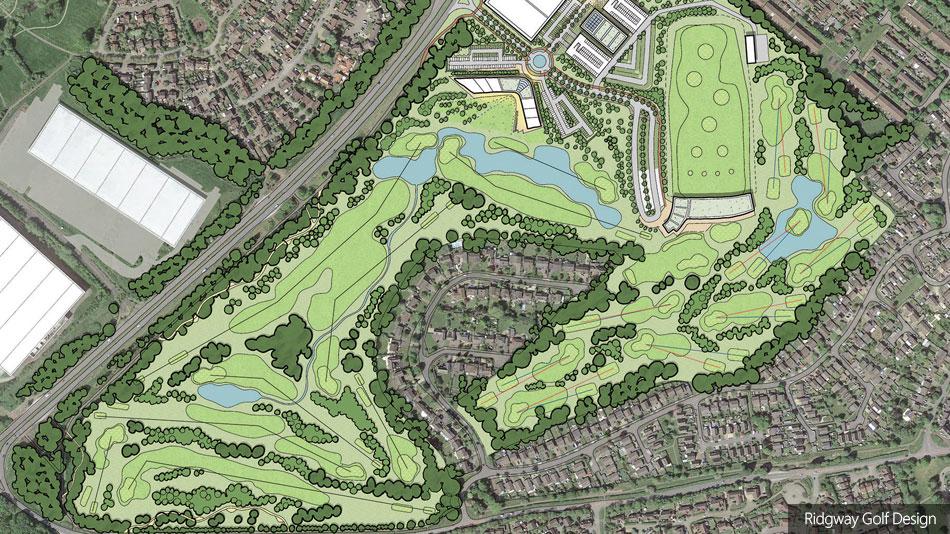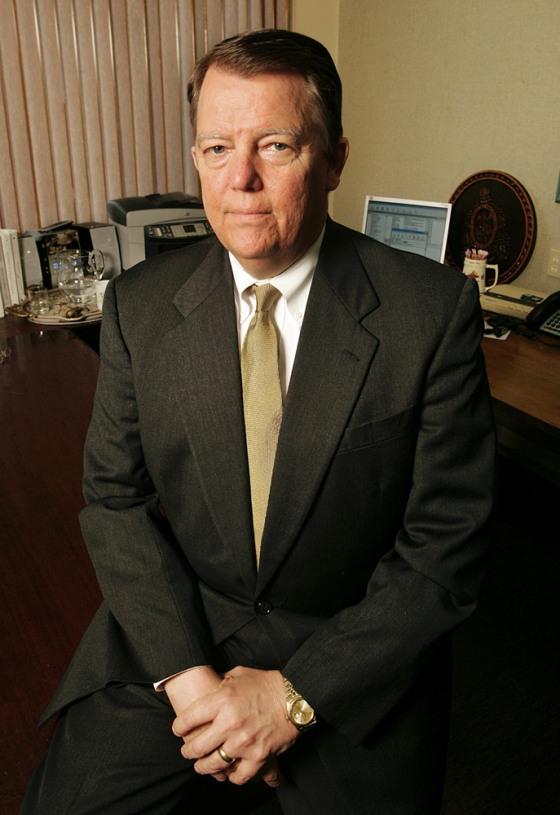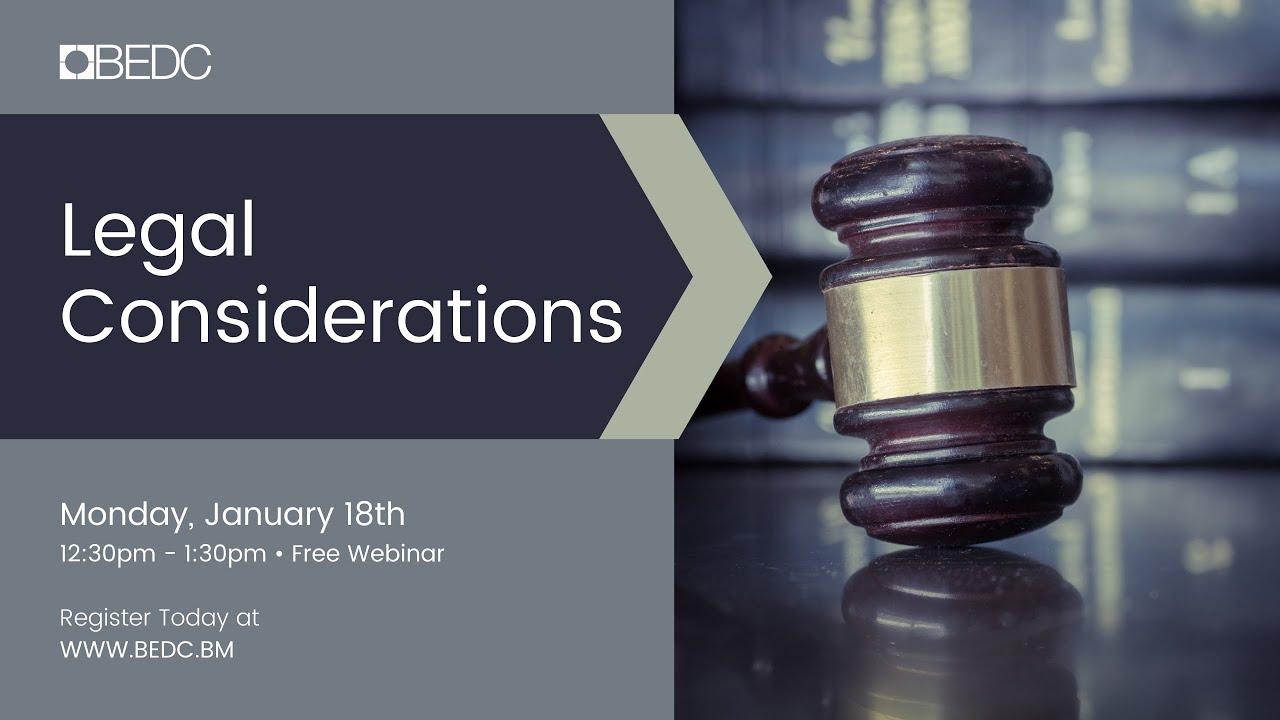in an unexpected twist within the tranquil realm of Florida’s public parks, a former worker has stepped forward with allegations that could reshape the future of green spaces across the state. The individual,who played a key role in the planning stages,has filed a whistleblower lawsuit,claiming that sensitive documents detailing plans for new golf courses were improperly disclosed.As the lines between environmental stewardship and recreational development blur, this case raises critical questions about transparency, public trust, and the preservation of Florida’s cherished parks. In this article, we’ll delve into the intricacies of the lawsuit, the implications for Florida’s park system, and what this means for residents who cherish their natural surroundings.
Worker Exposes Controversial golf Course Plans in Florida Parks
A whistleblower has come forward with shocking details regarding plans to construct golf courses within Florida’s public parks, igniting a debate on environmental stewardship and public land use. the worker, who has chosen to remain anonymous, claims that these proposals prioritize recreational luxury over the preservation of natural habitats. Community responses have varied, with many concerned citizens expressing dissatisfaction at what they perceive as a blatant disregard for the ecological value of these spaces. Key points highlighted include:
- Environmental Impact: Critics argue that developing golf courses will disrupt local ecosystems, endangering wildlife and plant species native to these Florida parks.
- Public Interest: Many locals contend that public parks should remain accessible for community activities rather than cater to elite recreational interests.
- Transparency Issues: The whistleblower’s lawsuit seeks to shed light on the lack of public consultation and transparency in the planning process.
In response to these revelations, city officials have promised to review the plans thoroughly and engage with the communities affected. However, skepticism remains high among residents, who insist that ongoing development without their input signifies a troubling trend of prioritizing profit over public good. The potential ramifications of these actions have resulted in significant media attention and public discourse regarding the future of Florida’s green spaces. Some residents have organized community meetings to voice their concerns and develop strategies for advocacy action. the situation continues to evolve as stakeholders weigh the pros and cons of transforming beloved parks into golf courses.

Implications of the Whistleblower Suit on Public Trust and Transparency
The recent whistleblower suit has cast a spotlight on potential conflicts between public interests and private development plans, raising significant questions about governance and accountability. When a worker steps forward to reveal potentially damaging data regarding plans to construct golf courses in Florida’s public parks, it ignites a conversation centered around public trust. Citizens frequently enough expect transparency from governmental decisions concerning land use, especially when such developments may limit access to natural resources or change the landscape of beloved public spaces. The ramifications of this case extend beyond the immediate legal framework; they influence how the public perceives both the governmental entities involved and the integrity of the decision-making processes.
Moreover, the suit serves as a reminder of the vital role that whistleblowers play in promoting compliance and ethical standards within organizations.It underscores the need for robust mechanisms to encourage disclosures while providing protections for those who choose to speak out. Transparency becomes a crucial factor in restoring confidence among the public, ensuring that citizens feel assured their voices and concerns will be adequately addressed. Without such reassurances, the potential for increased skepticism regarding government motives and operations remains high, prompting calls for more rigorous accountability frameworks that uphold public interests. Ensuring that whistleblower protections are honored and that open dialogues are established can help rebuild the fragile trust between the public and their elected officials.

navigating Legal and Ethical Considerations in Government Projects
In an era of increased scrutiny on government projects, the recent whistleblower suit highlights the critical balance between transparency and the protection of public interests. Employees voicing concerns about unethical practices or mismanagement have become pivotal in maintaining accountability within government-related undertakings.The actions taken by the worker who leaked plans to develop golf courses in Florida parks serve as a reminder of the potential repercussions that can arise from such initiatives,including the ethical dilemmas that can ensue when public land is at stake. This situation raises critically important questions about the appropriateness of government contracts and the need for stringent oversight to prevent misuse of public resources.
Legal frameworks exist to support and protect whistleblowers,aiming to encourage the reporting of concerns without fear of retaliation. In this case, the claim sheds light on several key considerations:
- Confidentiality: Ensuring the whistleblower’s identity is protected to prevent workplace retaliation.
- Public Interest: Evaluating whether the reported actions pose a threat to community welfare, environmental sustainability, and ethics in governance.
- Due Process: Providing a fair opportunity for all parties involved to present their perspectives in an examination.
As discussions surrounding the suitability of building golf courses in public parks continue, stakeholders must navigate these complexities carefully. A deeper understanding of the legal implications can help maintain integrity in public projects while fostering an environment where ethical considerations take precedence.

Prioritizing Community Voices in Urban Development Decisions
In light of recent events regarding the leaking of plans to construct golf courses within Florida parks,the importance of integrating community voices into urban development decisions has never been clearer. Many developments often proceed with limited public input,failing to consider the perspectives and needs of local residents. Involving the community not only leads to more sustainable projects but also fosters trust and accountability. To effectively prioritize these voices, officials should implement the following strategies:
- Conduct Community Forums: Regularly scheduled meetings where residents can voice concerns and ideas.
- Utilize Surveys and polls: Gather data on public opinion regarding proposed developments to tailor projects to fit community desires.
- Facilitate Stakeholder Partnerships: Collaborate with local organizations to ensure diverse representation in decision-making processes.
Moreover, creating transparency in the development process is crucial. developers and city planners can achieve this by publishing updated project proposals, soliciting feedback, and adapting plans accordingly. A collaborative platform could be established that allows residents to easily access information and contribute their thoughts. A table summarizing the benefits of prioritizing community input in urban projects might look like this:
| Benefit | Description |
|---|---|
| Enhanced Trust | Fostering relationships between the community and developers reduces skepticism. |
| Bespoke Solutions | Projects tailored to community needs can lead to higher satisfaction rates. |
| Long-Term Success | Informed decisions lead to sustainable developments that thrive over time. |
In Retrospect
the whistleblower lawsuit filed by the worker who leaked the controversial plans for golf courses in Florida parks has ignited a crucial conversation about transparency, environmental stewardship, and the rights of employees to voice concerns. As this situation unfolds,it serves as a reminder of the delicate balance between development and conservation,urging us to reflect on the broader implications for our public spaces and the future of Florida’s natural landscapes. With varying opinions from stakeholders, this case not only highlights the complexities of urban planning but also underscores the importance of ensuring that public resources serve the community rather than private interests. as we await further developments, this situation will undoubtedly catalyze discussions about the responsible management of our cherished parks and green spaces. Stay tuned as we follow this story and its potential impact on Florida’s environment and public policy.

